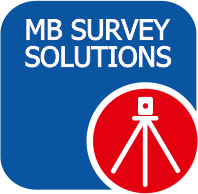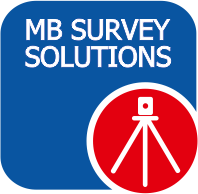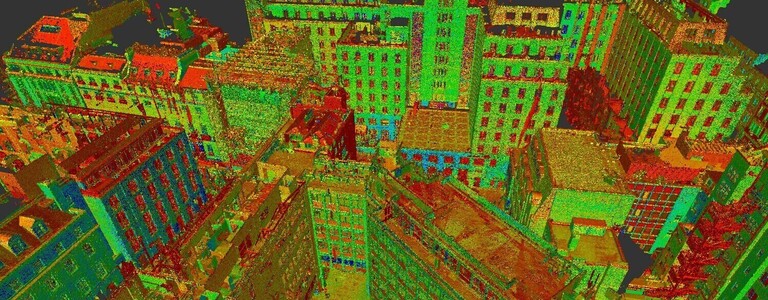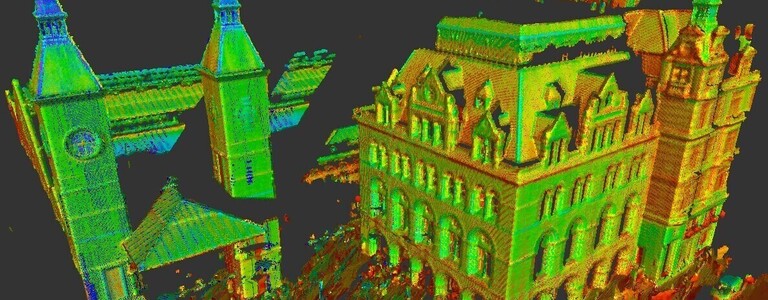How do environmental factors affect site surveys?
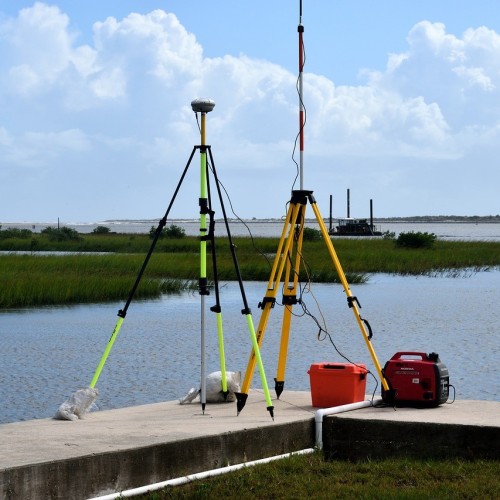
posted 28th November 2024
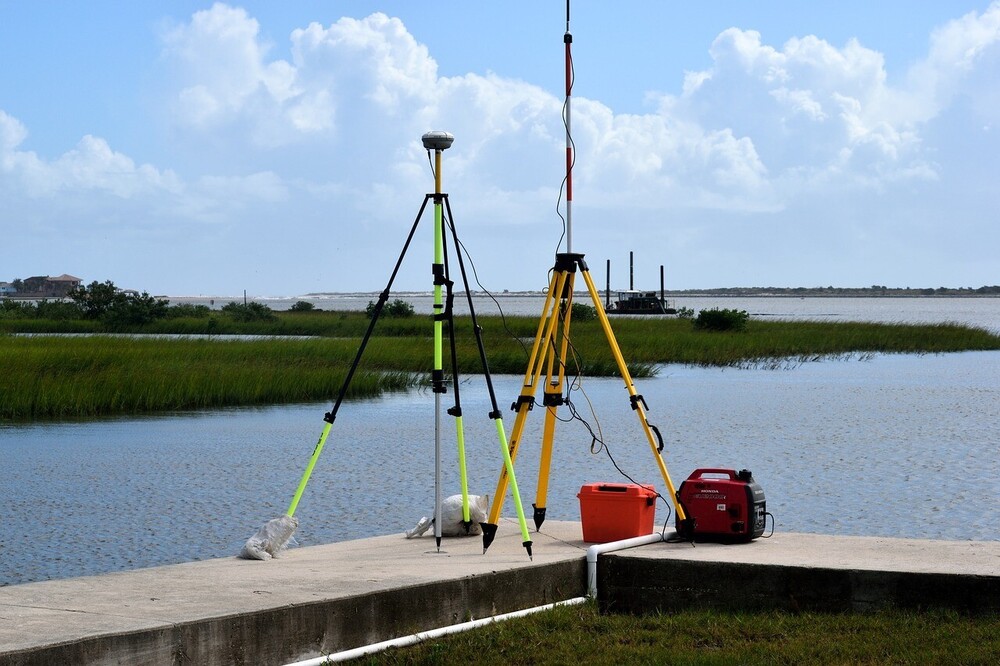
Land surveying is an important part to any successful building project. It requires accuracy and precision, influencing financial investments, legal disputes, and infrastructure integrity. When the measurements are inaccurate, it results in numerous consequences, from minor adjustments to serious financial losses. One of the main factors that can influence land surveying accuracy is environmental factors.
The weather, natural landscapes, and vegetation, all have an impact on the accuracy of the survey data. From seasonal changes, to temperature fluctuations, and natural disturbances to moisture levels, all play a role and can impact the readings from important surveying equipment.
Land surveyors are often faced with the challenge of maintaining accuracy in a range of environmental conditions, requiring mitigation strategies.
Humidity
High humidity levels can negatively impact signals between surveying equipment, especially GPS. Excess moisture delays GPS signals, resulting in inaccuracies. Low humidity, on the other hand, can result in static charges, disrupting data collection.
Visibility
Fog and snow both hinder the surveyor's ability to obtain clear readings with theodolites or total stations. Accuracy relies on accurate angle measurements which rely on a clear line of sight. The smallest impairment can cause errors in calculations.
Rain
Rain results in a number of challenges for surveyors from physically impairing equipment to negatively impacting the quality of data collected. Rain obstructs signals. Water accumulation on surfaces distorts measurements related to distance and elevation.
Snow
Snow that has accumulated on the ground obscures features that are important for surveying. The weight of added snow temporarily changes the geometry of the land. Wet snow complicates the movement across the surveying area, affective safely and timeliness.
Temperature Fluctuations
Variations in temperature influences the physical properties of surveying equipment and the materials being measured. Extreme temperature fluctuations can result in mechanical failure of equipment, unless they are rated for these conditions.
GPS Systems
GPS devices are very susceptible to atmospheric conditions, with rain, humidity, and solar activity all causing signal degradation and positional accuracy. We use dual-frequency systems, mitigating risks and ensuring accuracy.
Total Stations
Total stations can cause inaccurate readings when there is an accumulation of snow or water on the lens. We use protective casings, complete with regular maintenance, addressing all environmental concerns.
Conclusion
Land surveying is precise and reliable, meeting construction demands. There is an intricate relationship between environmental factors and measurement precision. From terrain to equipment sensitivity, our surveyor's have the knowledge and experience to mitigate these risks, delivering accurate results every time. Are you in need of a survey and worried about environmental factors? Give the MB Survey Solutions a call today and see how we mitigate these risks, providing you with accurate and reliable data at all times.
